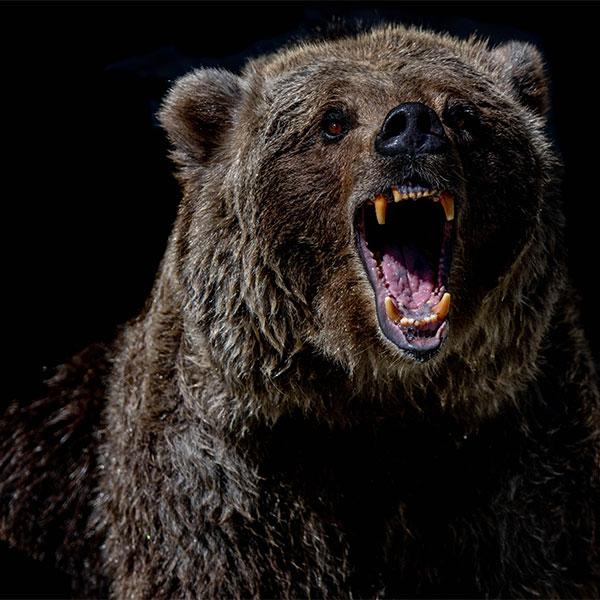Camping in the great outdoors is a fun adventure, but it comes with the risk of encountering wild animals. Here’s what you need to know to stay safe!
General Rules for Animal Encounters
When encountering wild animals, it's crucial to stay calm and act wisely. Here are some general rules to keep in mind:
- Do not approach unfamiliar animals, even if they seem friendly.
- Stay calm and avoid screaming or making loud noises.
- If the animal exhibits strange behavior, remember that you are a predator—act confidently.
- Animals tend to target children more, so pick them up if an animal approaches.
- Most attacks occur when people get too close to a food source or startle animals with their babies.
- Avoid hiking at night when animals are more active.
Bears
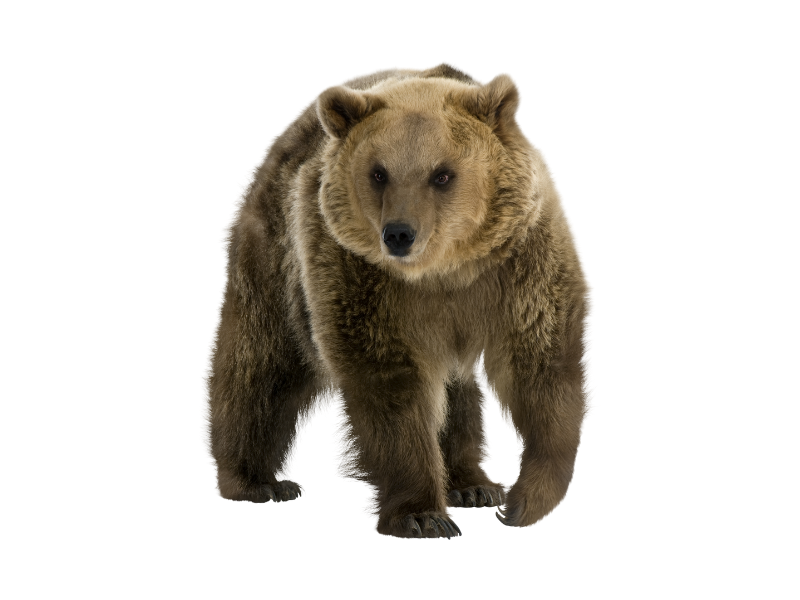 Bears are generally non-aggressive and will usually avoid humans unless they are hungry or feel threatened. Grizzly bears are more likely to attack than black bears. If you encounter one:
Bears are generally non-aggressive and will usually avoid humans unless they are hungry or feel threatened. Grizzly bears are more likely to attack than black bears. If you encounter one:
- Don't sit and watch it. The bear is likely going about its business.
- Gradually increase the distance between you and the bear, but don’t run directly away from it.
- If the bear follows, separate yourself from any food items.
- If the bear seems uninterested, face it directly. Make yourself appear larger by raising your arms above your head.
- If all else fails, play dead. Protect your head and face with your hands.
Dogs
 If you encounter an aggressive dog:
If you encounter an aggressive dog:
- Avoid confrontation and back away slowly.
- Find a stick or any other object to use as a barrier if needed.
- Stay tall and use calm, non-threatening language.
- If the dog lunges, defend yourself with kicks to the face or ribs. Avoid crouching or lying down.
Snakes
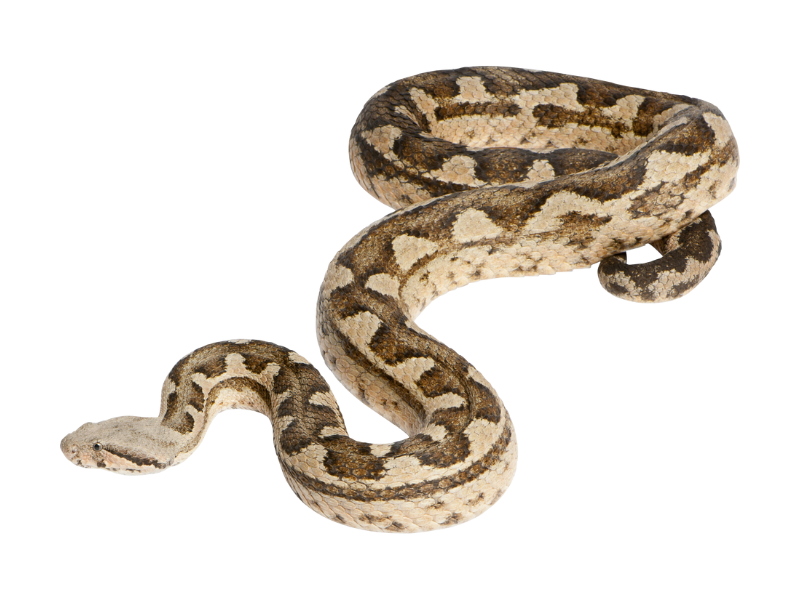 Snakes tend to avoid humans and will usually only attack if provoked. To stay safe:
Snakes tend to avoid humans and will usually only attack if provoked. To stay safe:
- Be mindful of your surroundings, especially around rocks, logs, or thick vegetation.
- Move slowly and carefully around areas where snakes might be hiding.
Cougars & Mountain Lions
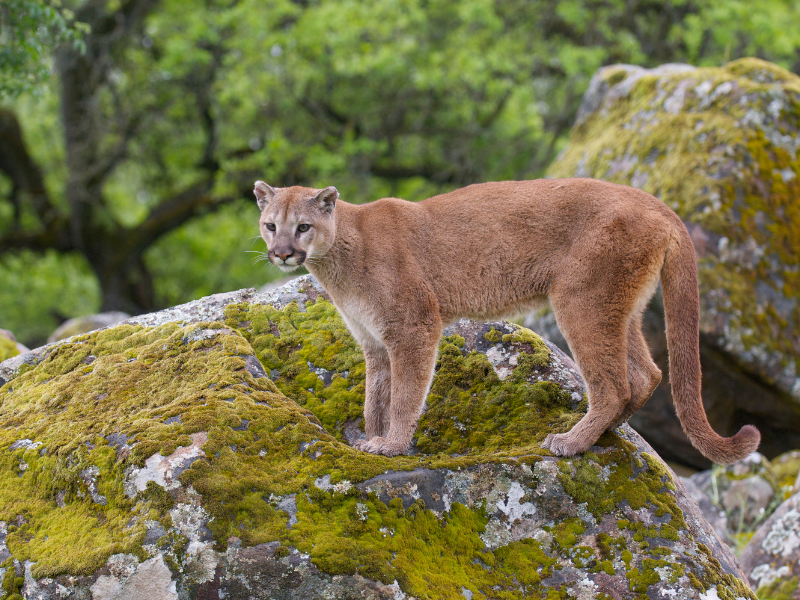 Mountain lions are rare but can pose a threat if provoked. If you are attacked:
Mountain lions are rare but can pose a threat if provoked. If you are attacked:
- Use anything available to fight back, aiming for the face, neck, and eyes.
- Stay standing and try to protect vital areas like your face and neck.
- Make loud noises to scare the animal off.
Alligators/Crocodiles
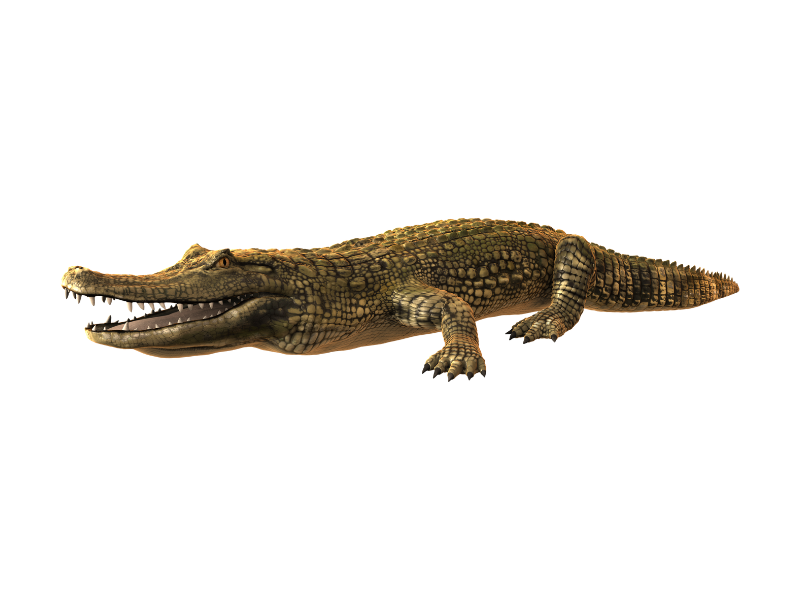 Alligators and crocodiles tend to avoid humans, but they will become aggressive if they feel threatened, especially near their nests. To stay safe:
Alligators and crocodiles tend to avoid humans, but they will become aggressive if they feel threatened, especially near their nests. To stay safe:
- If you encounter one, run in a zig-zag motion. They can chase in a straight line but are less agile sideways.
- Avoid going near their nests or water where they may be present.
Scorpions & Other Insects
Before putting on shoes or clothes, always check them for insects or scorpions hiding inside. They prefer tight, dark spaces.
Sharks
 If you’re swimming in areas where sharks are present:
If you’re swimming in areas where sharks are present:
- Keep a lookout for sharks and exit the water immediately if you spot one.
- If you can't get out, stay calm and assume a defensive position.
- If attacked, defend yourself by targeting the shark's gills, eyes, or snout.
Velociraptors
 While not a common issue for most campers, if you encounter a velociraptor, be on your guard:
While not a common issue for most campers, if you encounter a velociraptor, be on your guard:
- Don’t be fooled if the velociraptor appears surprised—this is a hunting tactic.
- Try to quickly escape using quick, erratic movements.
- Install smooth, round door handles if you fear a velociraptor attack, as they can use handles to open doors.












